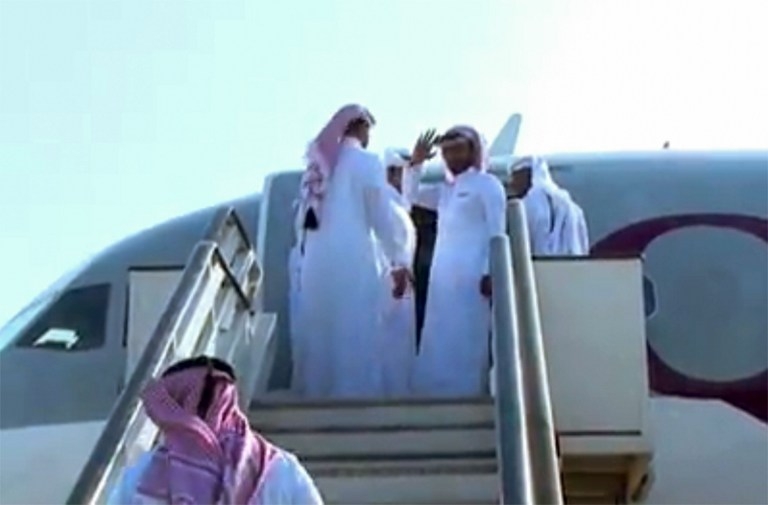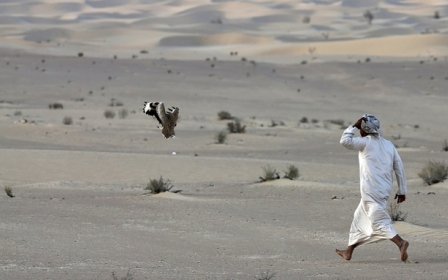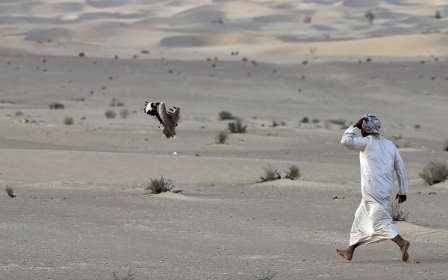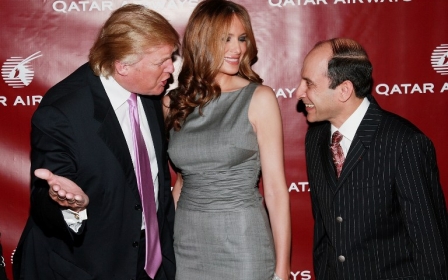Qataris kidnapped in Iraq speak of joy at release

Two Qatari hunters who endured a 16-month hostage ordeal in Iraq spoke Sunday of their joy at being released, in the first public comments since they and others were freed in the past few days.
Mohammed Marzouki was among 24 Qataris and two Saudis who were on a hunting trip in a mainly Shia area of southern Iraq when they were kidnapped in late 2015.
They flew back to Doha on Friday following their release under a complex regional deal linked to the Syrian civil war.
"When I saw the lights of Doha, I felt like life was beginning again - my happiness is indescribable," Marzouki told the local Arabic daily newspaper, Al-Sharq.
"My joy at returning to the homeland is a feeling that cannot be described in words."
A fellow hostage, Khalid bin Dhafer al-Dosari, told the same newspaper that "all our aches and pains disappeared once we reached our homeland".
The hunting party, believed to include prominent members of the Qatari royal family, were captured in mid-December 2015 and held captive until they were freed on Friday.
There was never any claim of responsibility for the kidnapping of the hunters, who were widely believed to have been taken by militias with close ties to Tehran.
'My joy at returning to the homeland is a feeling that cannot be described in words'
- Mohammed Marzouki, released hostage
While the terms of the group's release have not been made public, it has been reported that Qatar paid millions in ransom to secure their freedom.
After flying home on Friday, the hunters were met at Doha's Hamad International Airport by the country's emir, Sheikh Tamim bin Hamad al-Thani.
The release was part of a complex deal linked to the evacuation of thousands of people from the Syrian government-held towns of Fua and Kafraya, long besieged by rebels.
The evacuations marked the end of the first stage of a deal brokered by rebel backer Qatar and Syrian government ally Iran. Evacuations are also taking place from two Sunni towns near the Syrian border with Lebanon.
Wealthy citizens of Sunni Gulf states venture to countries including Pakistan, Afghanistan and Iraq to hunt with falcons without the bag limits and conservation measures they face at home.
Middle East Eye propose une couverture et une analyse indépendantes et incomparables du Moyen-Orient, de l’Afrique du Nord et d’autres régions du monde. Pour en savoir plus sur la reprise de ce contenu et les frais qui s’appliquent, veuillez remplir ce formulaire [en anglais]. Pour en savoir plus sur MEE, cliquez ici [en anglais].




